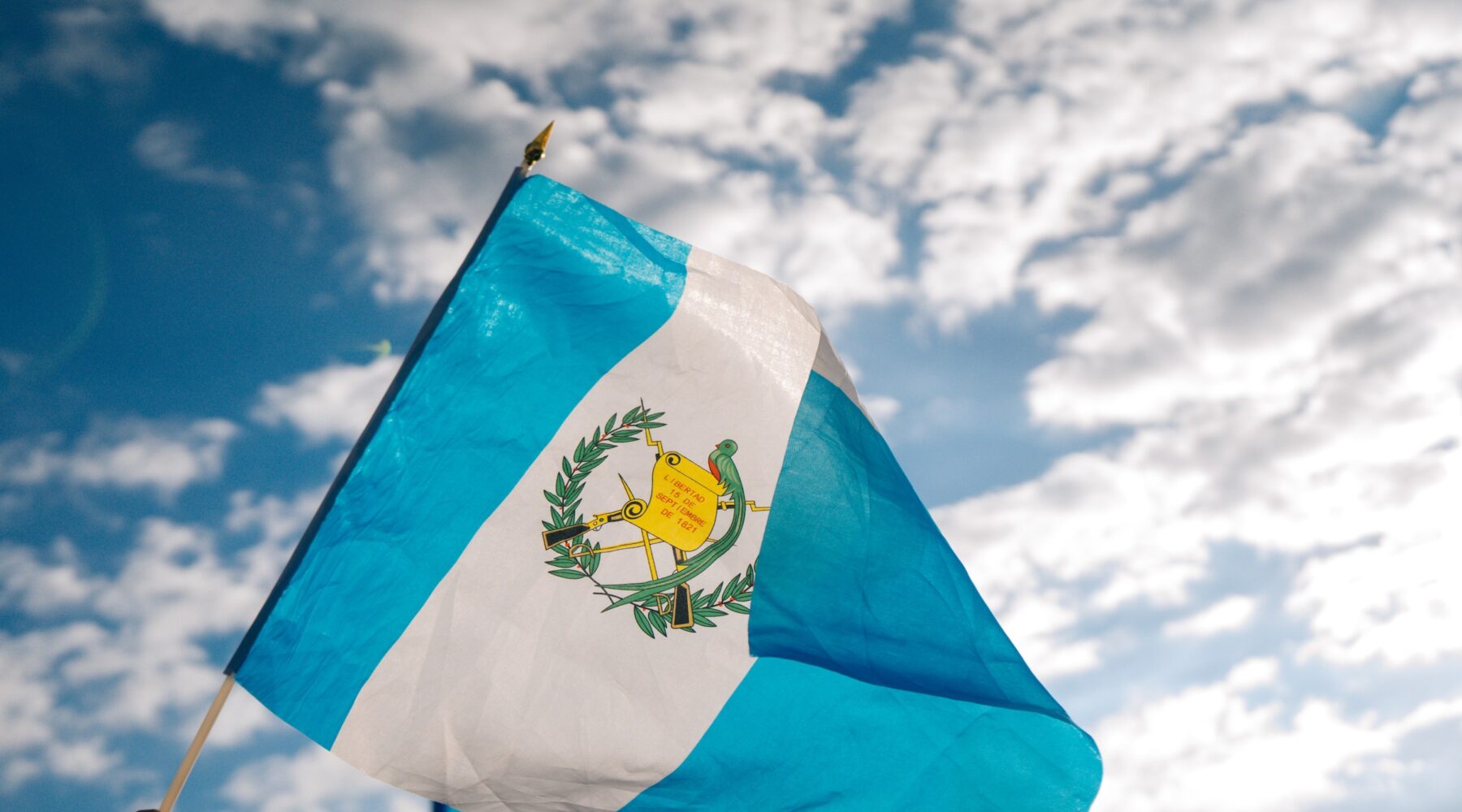


The statement, delivered by the President of Humanistas Guatemala, David Pineda, highlighted a range of human rights issues that need attention.
For example, in terms of the situation of journalists and human rights defenders, the statement noted with concern the situation had worsened significantly, with an increase in attacks on those critical of the authorities or investigating corruption and human rights violations.

David Pineda delivering his statement to the UN, by video
Likewise, the statement highlighted the serious democratic backsliding in Guatemala over the past few years; it said, “the ongoing removal of judicial independence and checks on executive power, and the erosion of separation between church and state has resulted in a dramatic decrease in democratic accountability and electoral integrity.”
In terms of gender-related rights, the statement regretted the fact that Guatemala had rejected all recommendations to decriminalize abortion, and reminded the Council that adolescent and child pregnancy is widespread, with an estimated 70,000 girls aged 15 to 19 and 2,000 aged ten to 14 giving birth in 2021 alone. The statement also highlighted the fact that violence against LGBTI+ persons has remained a persistent issue. There is no law that protects LGBTI+ people from discrimination or hate crimes based on their sexual orientation or gender identity in Guatemala.
Pineda finished by asking whether there had been any follow-up in seeking justice in the case of the 41 vulnerable teenage girls who died in a fire whilst in care of the state at the Virgen de Asuncion shelter. Guatemala did not respond on the issue.
*The Universal Periodic Review (UPR) is a UN process which involves a periodic review of the human rights records of all 193 UN Member States, by each other. It is a unique human rights mechanism in so far as it addresses all countries and all human rights. The Working Group on the UPR, which is composed of the HRC’s 47 Member States and chaired by the HRC President, conducts country reviews.
Featured photo by Shalom de León on Unsplash.